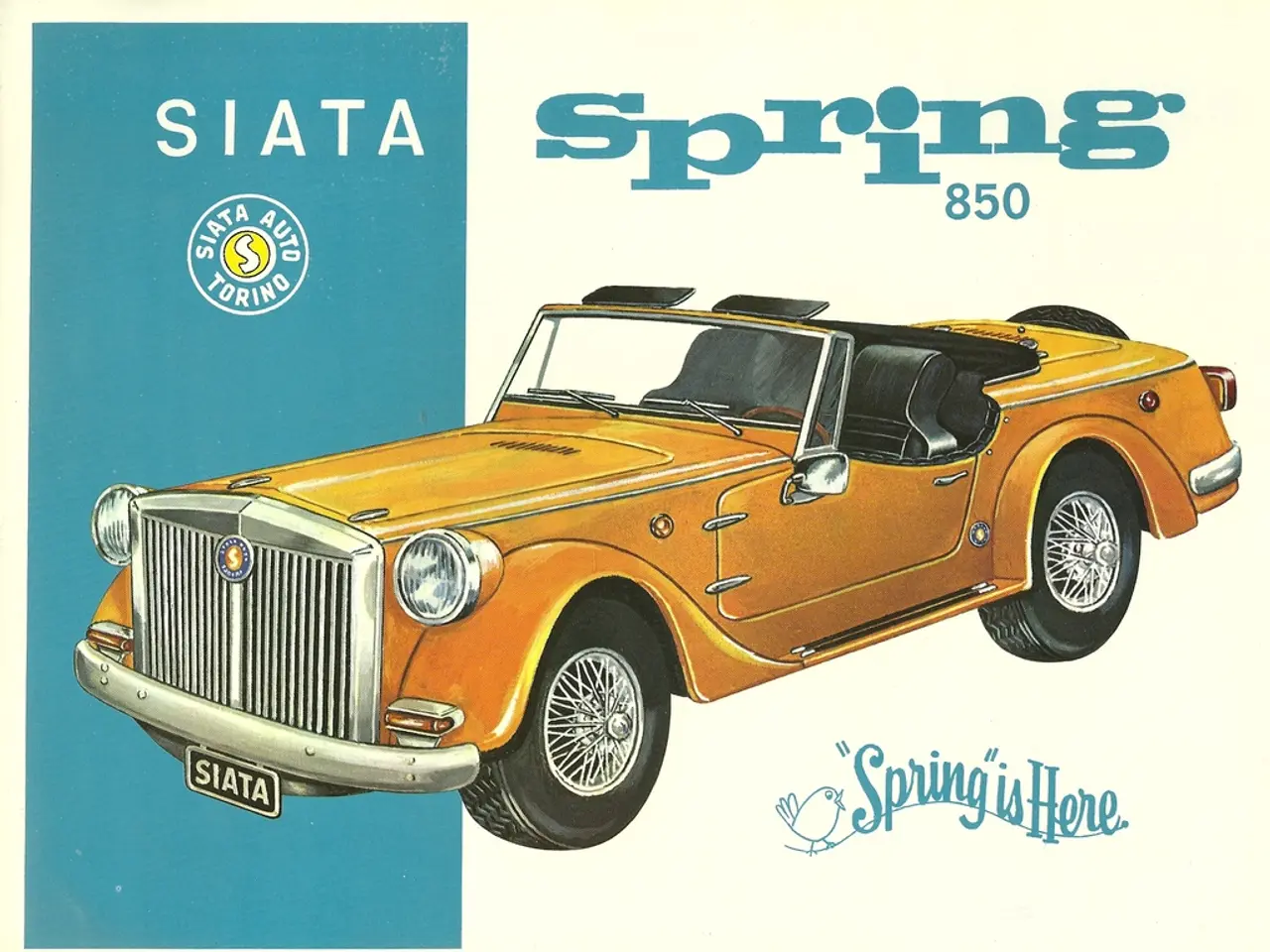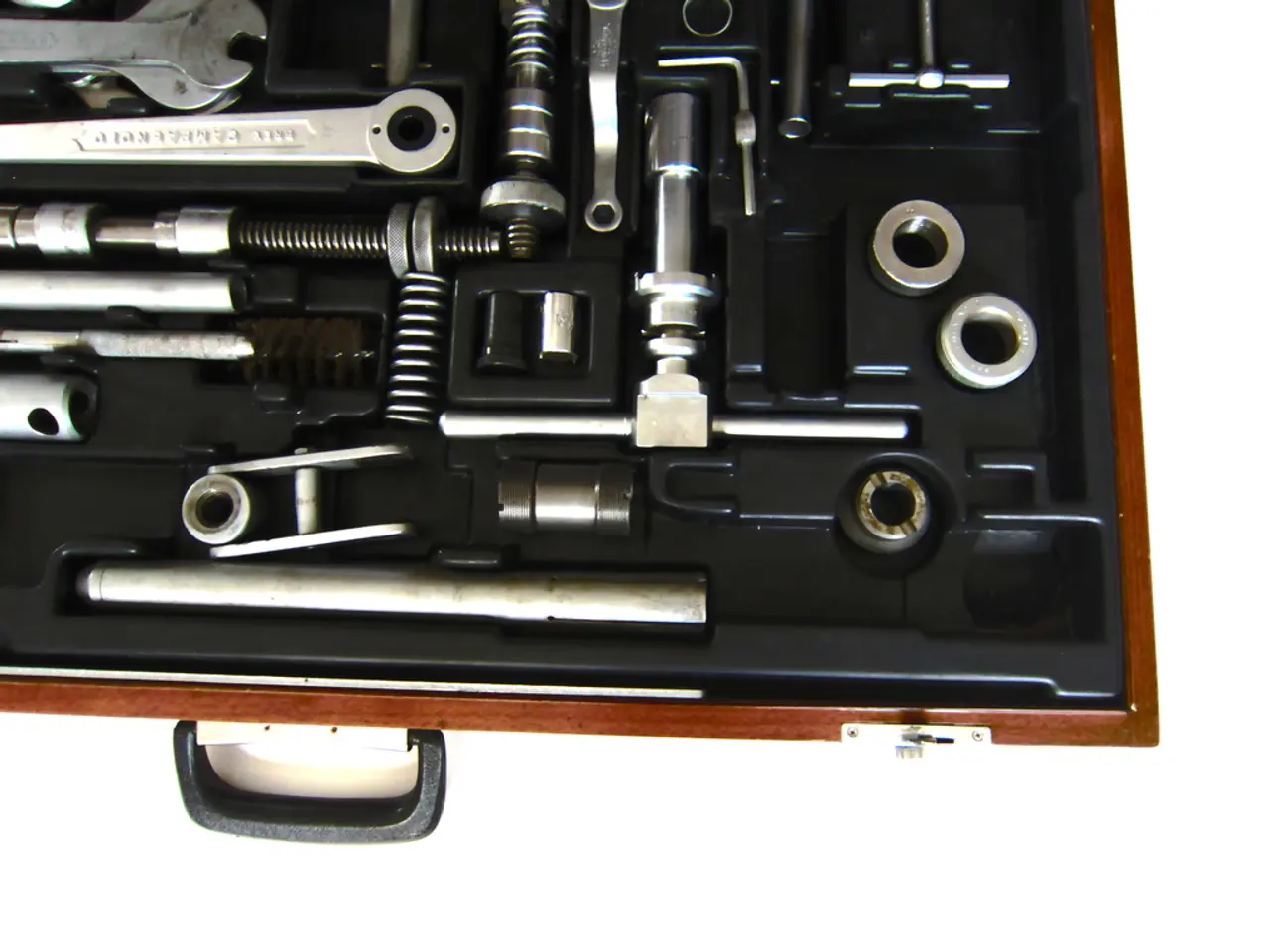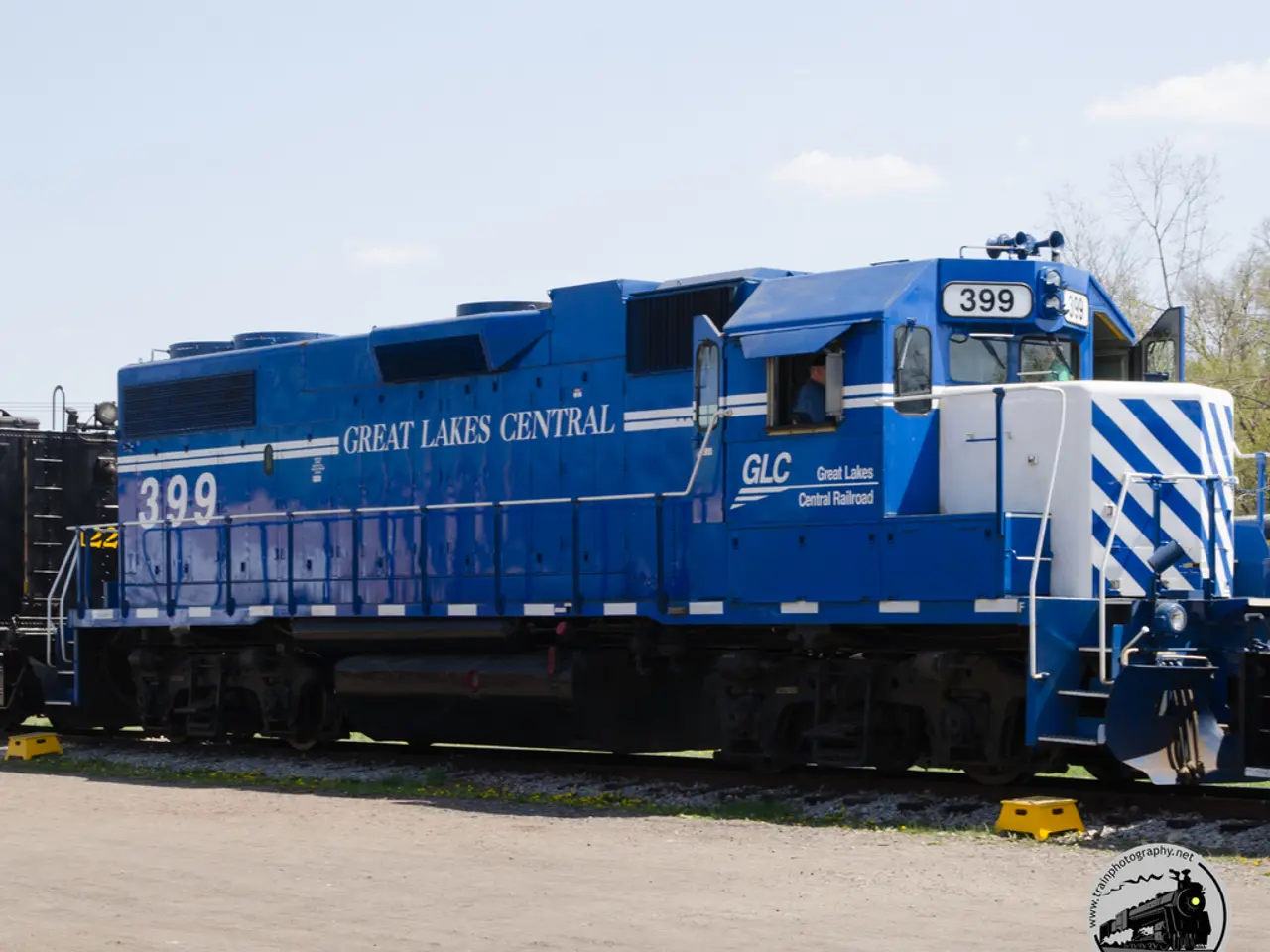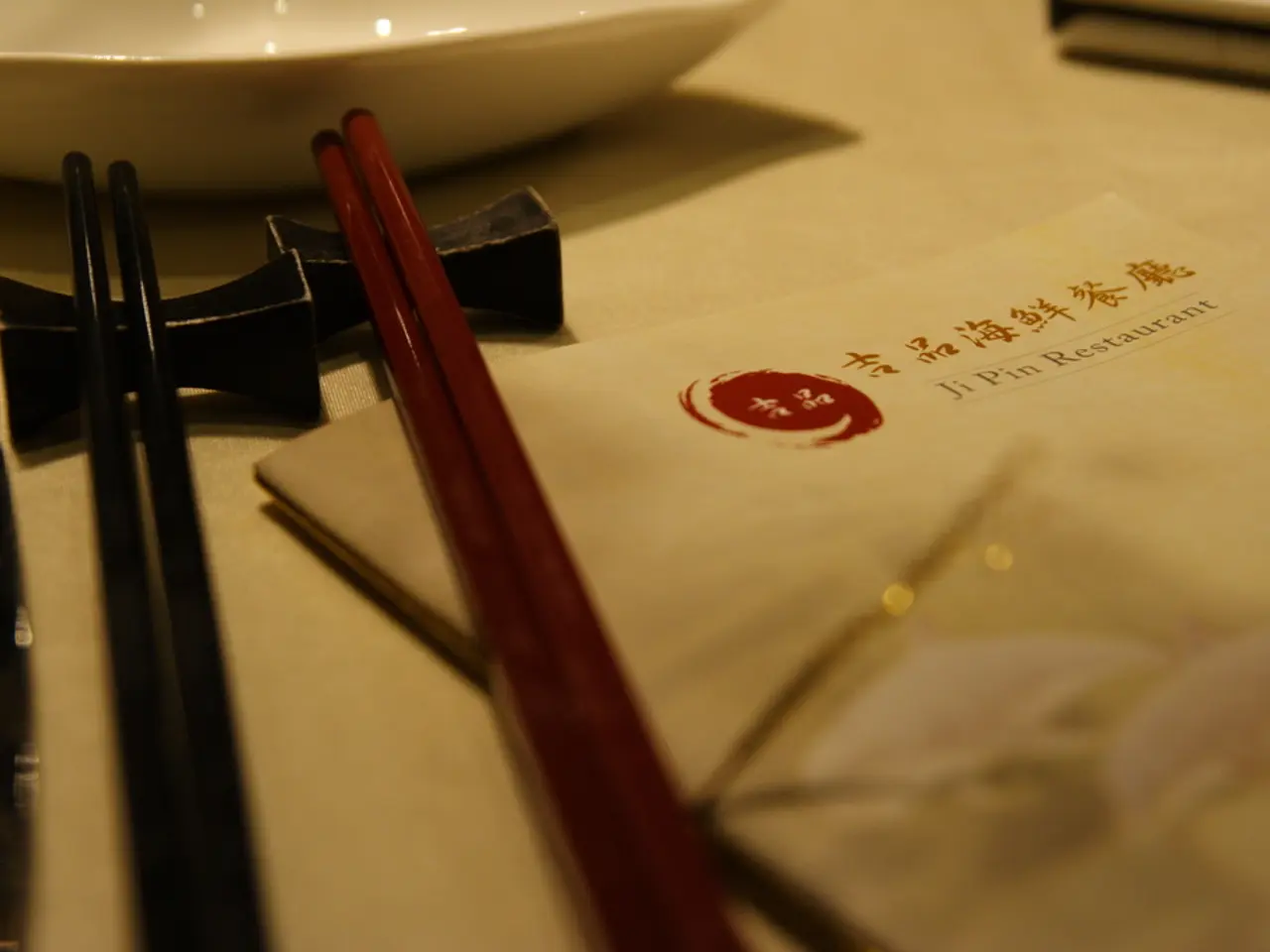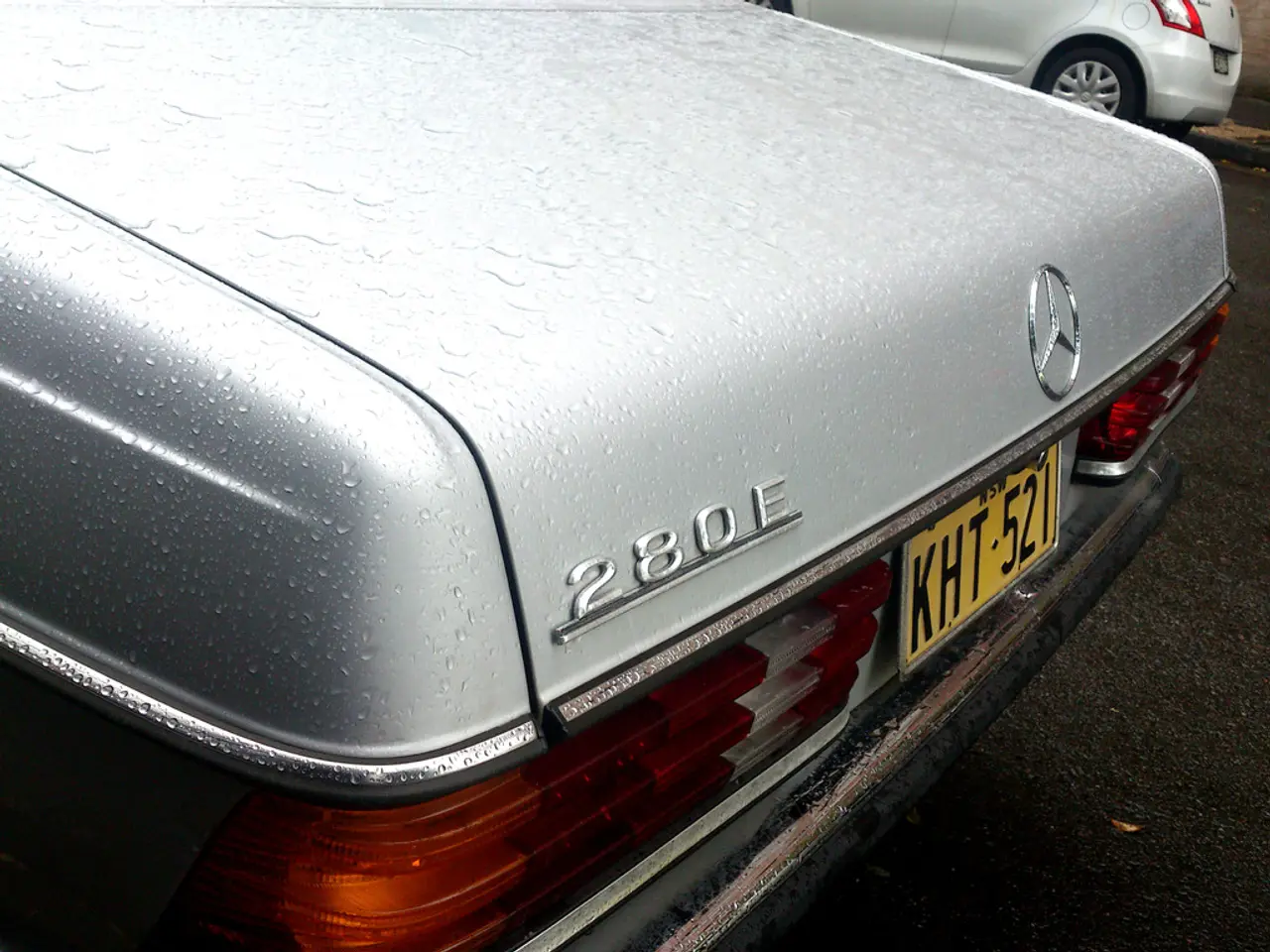Tesla Cars Are Now Compatible with Direct Plug-ins at Rivian Charging Stations
North American Charging Standard Gains Momentum Among Major EV Manufacturers
The North American Charging Standard (NACS), developed by Tesla, is rapidly becoming a de facto charging standard in North America, with a growing alliance of major automakers adopting the connector. This shift is part of a broader trend aimed at providing more seamless, adapter-free charging options for electric vehicle (EV) owners.
As of mid-2025, Tesla's Supercharger Network, which operates over 17,740 fast charging ports in the U.S., about 62% of all DC fast chargers nationally, is seeing increased usage by non-Tesla EVs. Automakers such as Ford, GM, Rivian, Honda, Mercedes-Benz, Hyundai, Kia, Nissan, Lucid, and Toyota have arranged for their EVs to use Tesla Superchargers via adapters or will include NACS ports on future models.
Some manufacturers like Hyundai and Kia already have some models with built-in NACS charging ports. Others, including Mercedes-Benz, Rivian, Lucid (from their Gravity SUV onward), and Ford, plan to make NACS standard on upcoming EVs. Currently, most non-Tesla EVs still use the Combined Charging System (CCS) and require an adapter to plug into NACS Superchargers. These adapters are becoming more widely available.
Lucid's Air will gain access to Tesla Superchargers starting late July 2025 using an adapter, while its new models will feature native NACS ports. BMW (including MINI and Rolls-Royce BEVs) gained access to designated Tesla Supercharger stations starting early 2025, supporting CCS vehicles via adapters or integrated solutions.
Rivian's mobile app and in-vehicle interface will display charger availability, plug type, and adapter requirements in real time. The next RAN location to offer NACS support is Rivian's Hamptons Charging Outpost in New York, scheduled to open on August 7. The first RAN location to offer both NACS and CCS1 connectors is Rivian's Joshua Tree Charging Outpost in California.
Tesla continues to open up its Supercharger network to more third-party EVs, recently adding Honda's Prologue and Acura's ZDX to the list of compatible vehicles. The upgrade at the Joshua Tree Charging Outpost involved replacing four CCS cabinets with NACS plugs.
NACS plugs are gaining traction outside the U.S., with South Korea's Watter rolling out NACS connectors at charging stations nationwide. Rivian's newer vehicles, including the 2026 R1T and R1S, come equipped with native NACS ports. Rivian aims to have its most frequented stations offer both plug types by the end of 2025, replicating the dual-connector setup across its charging network to facilitate the EV industry's transition to the Tesla-developed standard.
Earlier Rivian models will require adapters when using NACS-only stations. Almost every major automaker has committed to the North American Charging Standard (NACS), following its formal adoption by the SAE. Yosemite's popular RAN location will also offer NACS support later this summer.
This transition to NACS is ongoing throughout 2025 with further expansions expected, making charging more convenient and seamless for EV owners across North America.
[1] Tesla's Supercharger Network [2] Lucid Air to gain access to Tesla Superchargers [3] BMW EVs gain access to Tesla Superchargers [4] Rivian's NACS adoption plans
- The upcoming Lucid Gravity SUV, as well as other electric vehicles from manufacturers like Ford, Mercedes-Benz, Rivian, and Lucid, will integrate the North American Charging Standard (NACS) for seamless charging options, likely leading to an increased reliance on technology for electric-vehicles (EVs) and a shift in lifestyle towards electric-powered cars.
- As the trend towards the adoption of NACS by major automotive brands continues, the lifestyle of EV owners is set to become more flexible, allowing for travel and charging at various charging stations, such as those in Tesla's Supercharger Network, which now includes models from Hyundai, Kia, BMW, Lucid, and Rivian, among others.
